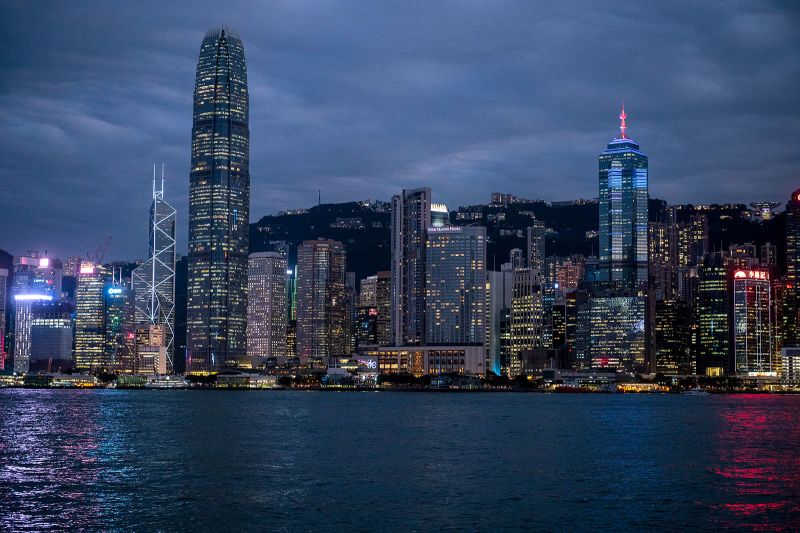Content:
The global media’s gaze is sharply focused on Hong Kong as its administration makes the controversial first-ever use of the newly-implemented local National Security Law. An astonishing arrest count of six individuals curtailed public attention, ringing alarm bells days before the imminent 32nd anniversary of the Tiananmen Square Massacre, an event still shrouded in silence and censorship in Mainland China.
Incepted on June 30, 2020, Hong Kong’s National Security Law is a legislative devise enacted by Mainland China to suppress acts of ‘secession, subversion, terrorism, and collusion with foreign forces’. The law swiftly came under fire for its perceived infringement on freedoms cherished by Hongkongers and the ‘one country, two systems’ principle. The arrests are the city’s first citing of this law, causing ripples in international circles.
The local administration, headed by Beijing-appointed Chief Executive Carrie Lam, divulged that those arrested are being held under suspicion of promoting Hong Kong’s secession from China. The arrestees allegedly attempted to use a foreign-registered organisation to incite ‘independence’. The detailed reasoning or evidence behind the arrests remains obscured, fueling multiple debates on the transparency and fairness of the newly-imposed law.
However, the timing of the arrests is significant – just days away from commemorating the Tiananmen Square Massacre Anniversary. This poignant event, held on June 4, is typically marked by gatherings in Hong Kong — the only region in Chinese territory where people can freely commemorate the event. China’s tight lid on information regarding the massacre is a vestige of its controversial history, making the anniversary an annual sticking point between Chinese authorities and Hong Kong’s pro-democracy activists.
For three decades, Hongkongers have quietly gathered at Victoria Park for a candlelight vigil to honour and remember the victims of the 1989 Tiananmen Square incident. However, for the second consecutive year, this tradition has been curtailed under the pretext of pandemic restrictions stirring growing concerns of political repression.
The imposition of the National Security Law has been a point of contention between Beijing and the international community, standing accused of dismantling Hong Kong’s unique status and eroding its autonomy. The arrests are being seen as a harbinger of how the law will be utilized in the future with fears of stringent control over freedom of speech, association, and assembly in the Special Administrative Region.
The legal action comes amid escalating demonstrations by pro-democracy protesters, who have been vociferously opposing China’s increasing grip on Hong Kong. This move is perceived by global observers as an attempt to kneecap the blossoming pro-democracy movement and a strategy employed by Beijing to exert control over Hong Kong.
The dramatic arrests shine a spotlight on the delicate balance between maintaining national security and preserving civil freedoms within the complex socio-political dynamics in Hong Kong. The National Security Law and its implementation will undoubtedly continue to be a focal point in the ongoing dialogues surrounding freedom, democracy and autonomy in the Special Administrative Region.
In conclusion, the arrests in Hong Kong signify the city’s shifting political landscape under Beijing’s oversight. As nations watch on, the implications of this National Security Law on Hong Kong’s autonomy, its people’s freedoms, and the wider geopolitical scene are becoming increasingly more comprehendible and palpable. The story continues to unfold as we witness how this legislation will determine Hong Kong’s future, and how it will navigate its unique identity in the turbulent waters of international politics.




